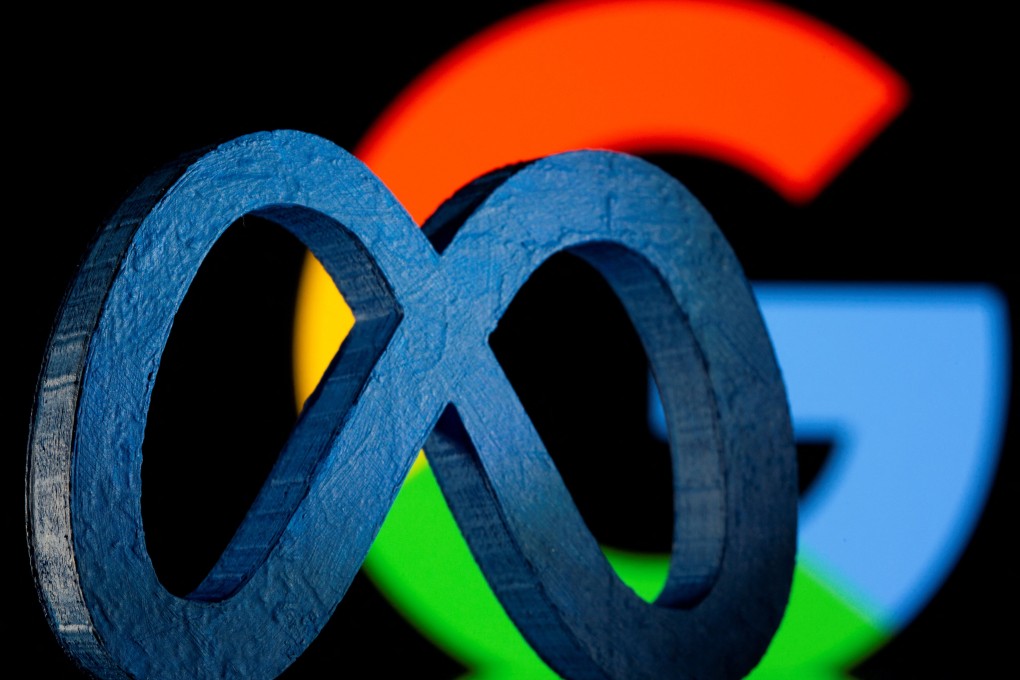South Korea fines Google, Facebook owner Meta over user tracking without consent and targeted ads
- South Korea’s privacy watchdog fined Google and Meta Platforms a combined US$72 million for not clearly informing users about tracking online activities
- The companies said they would review the findings, and they can appeal the decision through lawsuits within 90 days

South Korea’s privacy watchdog has fined Google and Meta a combined 100 billion won (US$72 million) for tracking consumers’ online behaviour without their consent and using their data for targeted advertisements.
South Korea’s Personal Information and Protection Commission said it fined Google 69.2 billion won (US$50 million) and Meta 30.8 billion won (US$22 million) after a meeting where officials agreed that the companies’ business practices might cause “serious” privacy infringements.
The fines were the biggest ever penalties imposed by South Korea for privacy law violations, the commission said in a press release.

Both companies refuted the commission’s findings and Meta indicated it could challenge the fine in court. The fines can be appealed through administrative lawsuits, which must be filed within 90 days after the companies are formally notified of the commission’s decision.
According to the commission, Google and Meta, which operates Facebook and Instagram, didn’t clearly inform users or obtain their consent as they collected information about their online activities when they used other websites or services outside their own platforms. Such data was used to analyse their interests and create individually customised advertisements, the commission said.
The commission ordered the companies to provide an “easy and clear” process of consent giving people more control over whether to share information about what they do online.
“Google did not clearly inform consumers that it would collect and use their behavioural information about their use of other companies’ (services) when they signed up,” the commission said.